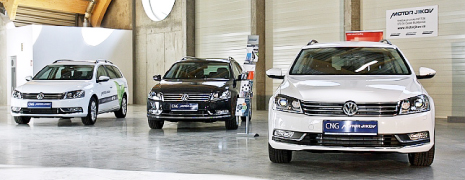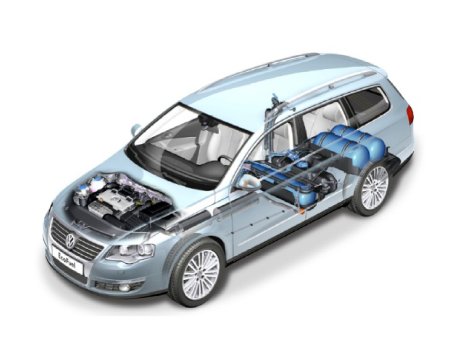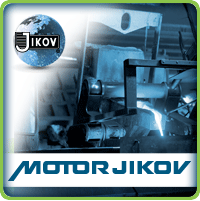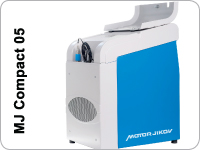Ecology, low noise, safety, greater range, exempt from consumer and road tax. These are just some of the advantages of CNG vehicles.
However, what makes CNG vehicles the alternative of future are their low operating costs. Compared to standard petrol engines, the operating costs of CNG vehicles are two thirds lower. Compared to diesel engines the savings are about 40%. Operation of CNG engines is one fifth cheaper than those using LPG. Considering current prices, a driver with a standard petrol engine can drive approximately 470 kilometres for CZK 1,000, however using CNG the distance for the same price is up to 1,250 km. In the Czech Republic CNG vehicles may park in underground garages.

More about CNG vehicles
A combination of CNG and petrol combustion can be used in passenger and commercial vehicles, and a combination of CNG and diesel combustion in buses or trucks. In addition to compressed natural gas, CNG vehicles can use also refined biogas. The range of these types of vehicles per one refuelling increases thanks to the combination of various sources. The range of factory CNG vehicles is affected by the limited network of filling stations, which has however been continuously increasing in the Czech Republic as well as Europe. The optimal utilization of CNG is for vehicle fleets with fixed routes, driving not far from the filling stations. Therefore CNG vehicles are increasingly used by public transport operators, postal services, driving schools, state authorities and taxis.

Vehicles refitted to CNG usually have the pressure tank placed in the boot of the car. Factory vehicles with primary CNG drive have the pressure tank usually placed under the floor, thus not restricting the user. The pressure tank contains gas compressed to 200 bars at 15 °C. CNG pressure vessels are some of the safest vehicles available. These tanks are significantly more resistant during tests, accidents, fires and shootings than standard ones.







